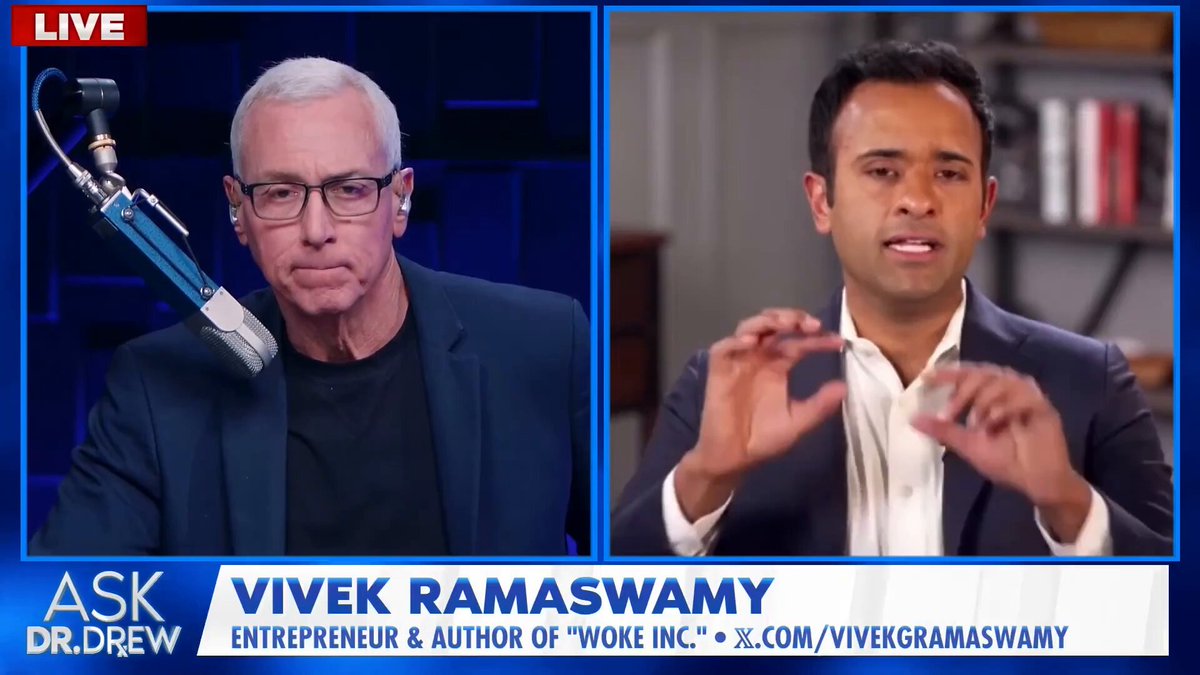The statement presents a critical perspective on the moral justification often used to rationalize severe actions. It implies a caution against the potential misuse of the concept of the 'greater good' to excuse harmful behavior. The tone is cautionary and invites reflection on historical and contemporary events where this rationale may have been applied.
- The statement encourages consideration of the ethical implications of actions and policies, aiming to prevent harm by raising awareness of how moral justifications can be misused. [+1]Principle 1:I will strive to do no harm with my words and actions.
- The statement respects the dignity of others by implicitly acknowledging the victims of atrocities and the importance of scrutinizing the motives behind such actions. [+1]Principle 2:I will respect the privacy and dignity of others and will not engage in cyberbullying, harassment, or hate speech.
- The statement promotes understanding and empathy by highlighting the need to critically assess actions taken in the name of the greater good, which may affect many people. [+1]Principle 4:I will engage in constructive criticism and dialogue with those in disagreement and will not engage in personal attacks or ad hominem arguments.
- The statement uses its influence to encourage a more thoughtful and critical approach to societal actions, which could lead to a betterment of society by preventing the justification of harmful actions. [+1]Principle 6:I will use my influence for the betterment of society.
- The statement upholds the principles of free speech by contributing to a dialogue on a significant societal issue, using the platform to discuss the ethical considerations of actions justified by the greater good. [+1]Principle 7:I will uphold the principles of free speech and use my platform responsibly and with integrity.
